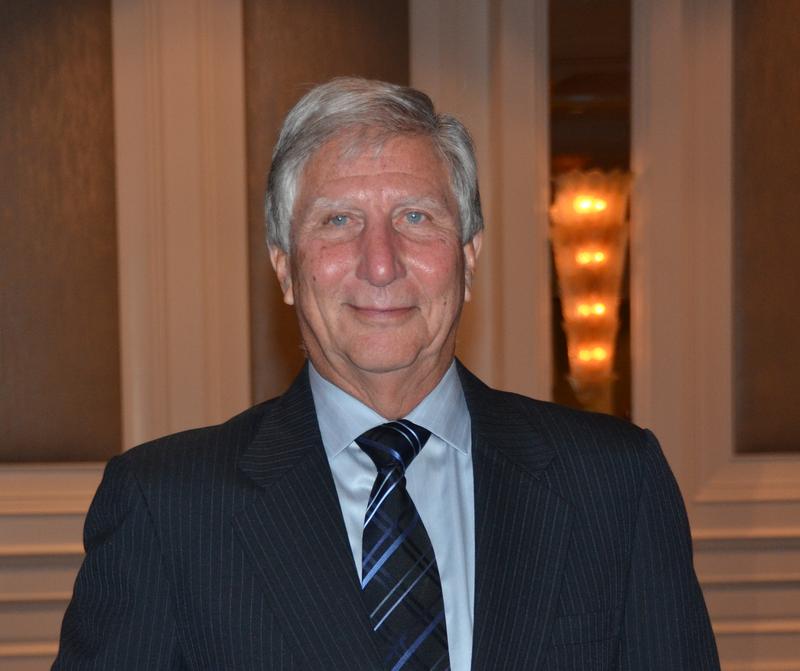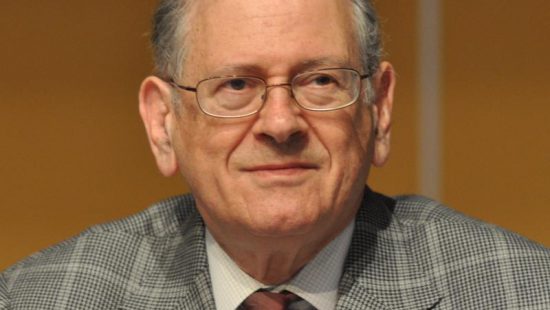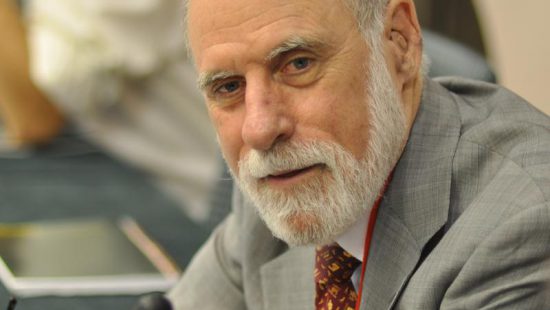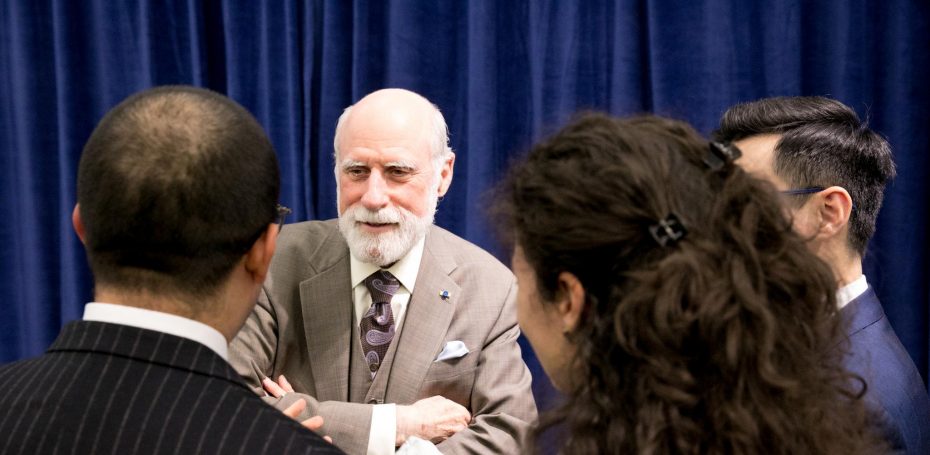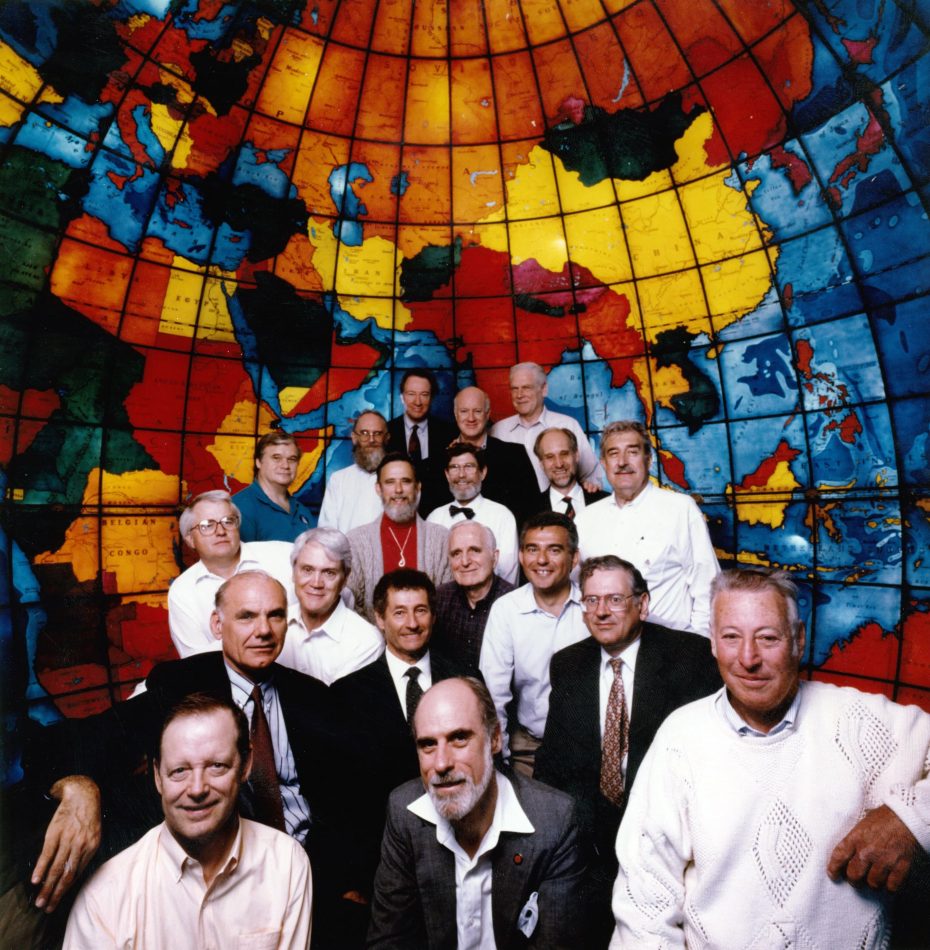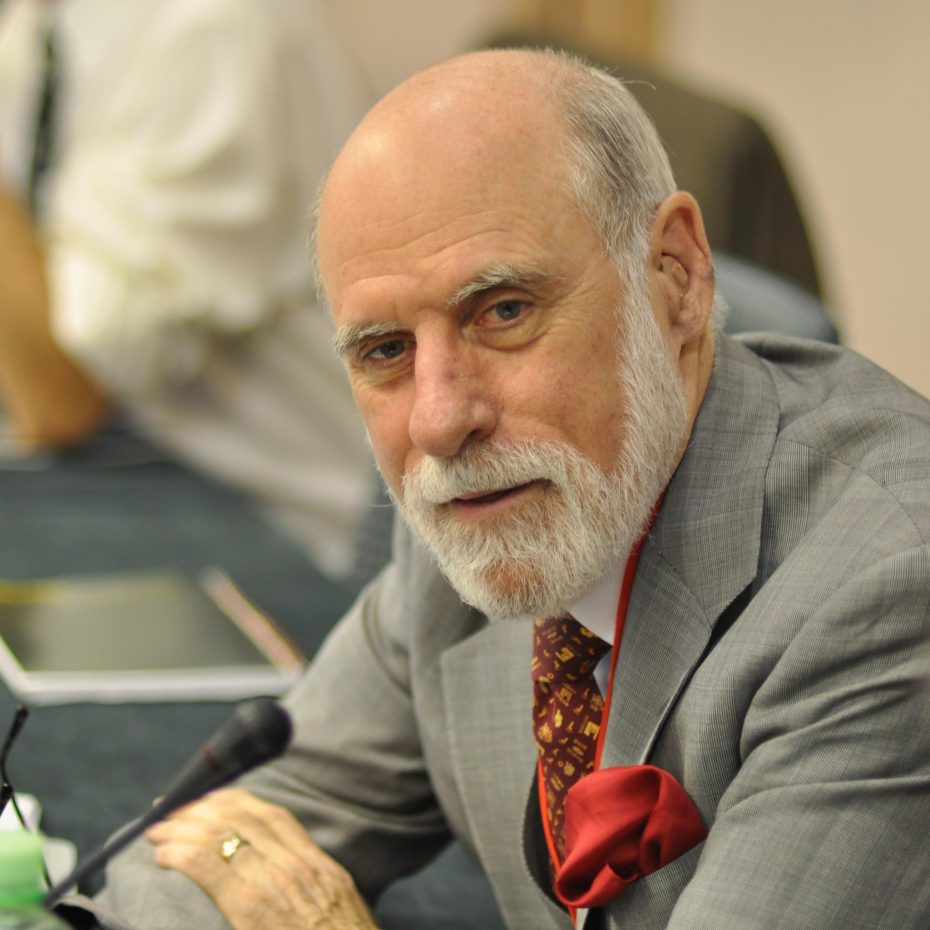Richard Frenkiel didn’t dream up the idea of a mobile telephone. But along with a talented group of engineers at Bell Labs, Frenkiel can claim a huge role in making that dream a reality.
Frenkiel and Joel Engel are credited with developing a way to multiply the capacity of the channels that handled mobile telephone traffic. Their plan was to create a network of low-power transmitters spread across a region – which they called cells – that greatly expanded the numbers of calls that could be handled.
That vision became the groundwork for today’s cellular telephone systems.
Born in Brooklyn, Frenkiel joined Bell Labs in 1963, where he initially partnered with Philip Porter, another cellular system pioneer, and later, with Engel.
After a move to AT&T’s headquarters, Frenkiel served for several years as the company’s chief liaison to the FCC on cellular telephone matters. He later headed Bell Lab’s efforts to transition cellular systems from conceptual stage to commercial service. His team concentrated on developing common interface specifications so that cellular companies would be compatible.
Frenkiel then oversaw AT&T’s trial of a mobile phone system in Chicago, which was the world’s first cellular system and had more than 1,000 customers. Later, he helped design a series of cordless phones for the company.
Frenkiel has a bachelor’s degree in mechanical engineering from Tufts University and a master’s degree in engineering mechanics from Rutgers University, where he later taught after retiring from AT&T in 1993. In 1994 he and Engel received the National Medal of Technology. Frenkiel, who served a stint as mayor of Manalapan, N.J., also received the Draper Prize from the National Academy of Engineering in 2013.
By Robert Warren

